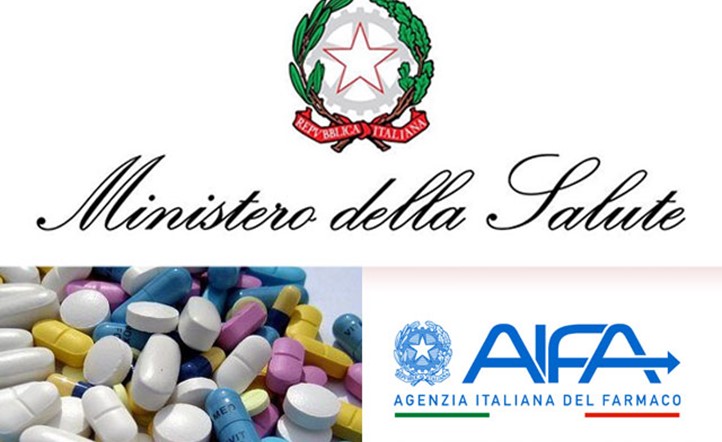Drug shortages and unavailability: Italy to lead the European Joint Action proposal

The European “Joint Action” project is a three-year plan to coordinate and harmonize existing national systems against drug shortages, with a budget of about 10 million euros. It was established in the context of the European Public Health Program, giving priority to inter-institutional cooperation: the Italian Medicines Agency (AIFA) took the lead in drafting the European joint action proposal, in collaboration with the National Blood and Transplant Centers of the Istituto Superiore di Sanità.
The Italy-led consortium of partners of the pan-European initiative against drug shortages includes twenty-seven European pharmaceutical and health authorities, representing twenty-one EU Member States and Norway, so almost covering the whole European Economic Area. The consortium is also supported by European organizations and networks that will allow involving operationally even the few Member States that have not directly joined the project (Bulgaria, Greece, Latvia, Malta, Poland, Slovak Republic).
AIFA’s coordination of such an important initiative, from both a geographical and an economic viewpoint, proves the value of the Italian initiatives to counter shortages and unavailability; the cross-sectoral experience gained in fora such as the Technical Board for Unavailability or the Board on the availability of immunoglobulins has allowed to create a large and collaborative network of experts, where all Member States have contributed to enhancing the best existing tools and to building new ones, so that European patients may be guaranteed timely care even during times of emergency, as experienced in the past few years.
NOTE. The project proposal, including funding and the final composition of the consortium, has been submitted to the European Commission for assessment. If the assessment is positive, the activities provided for by the operating plan will start before the end of 2022. The Italy-led consortium includes pharmaceutical agencies and health institutions from Austria, Belgium, Cyprus, Croatia, Denmark, Estonia, Finland, France, Germany, Ireland, Lithuania, Luxembourg, Norway, Holland, Portugal, Czech Republic, Romania, Slovenia, Spain, Sweden and Hungary. Some of the countries not joining the consortium, such as Malta, have already confirmed their interest in participating in the operating phases of the initiative. The consortium expects to be able to extend the above initiative to a wider area, considering that AIFA has been cooperating in other European projects, such as the recent MEDI-THEFT (with the participation of the authorities of Serbia and Montenegro), focused on the fight against pharmaceutical crime.
